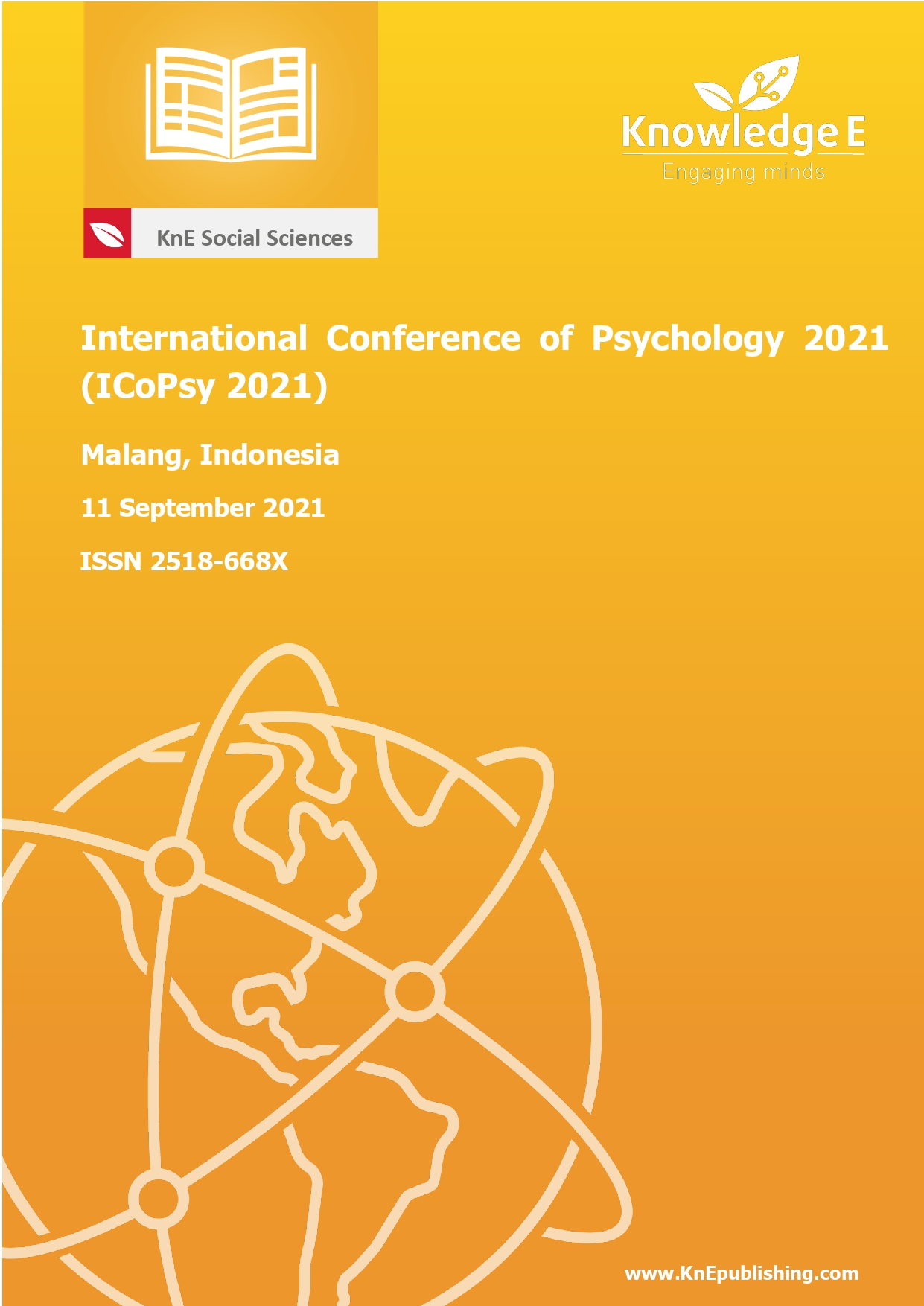Increasing Teacher Skills in Supporting Students With Special Needs
DOI:
https://doi.org/10.18502/kss.v7i1.10196Abstract
The education sector in Indonesia is still colored by various problems. These are caused by several factors, such as the lack of effectiveness of education, the lack of efficiency of learning implementation, and the lack of standardization of learning for students with special needs. This study aimed to develop effective competencies in the identification of and intervention with students with special needs in schools. This study used a quantitative approach with a one-group pre-test post-test experimental design. Material presented in the training sessions included the basic concepts of inclusive education, the characteristics of students with special needs, how to teach students with special needs, and how to make individual learning programs. The instruments used in this study for the purposes of the pre-test and post-test were developed by the researchers based on theories and models. A total of 10 items were used in the instrument. Data were analyzed using the Cohen’s D t-test method, which produced a p-value of 0.843; as this is > 0.05, this indicated that there was no difference between before and after the training. Based on the research and workshops conducted by the researchers, it was found that most teachers lacked the motivation to apply training materials for working with students with special needs, even though the level of teachers’ participation in the trainings was high. The results showed that the trainings were not able to significantly influence the skills of teachers in teaching students with special needs. Therefore, other methods are needed to improve the knowledge and abilities of teachers in supporting students with special needs.
Keywords: teaching skills, training, students with special needs
References
Merriam SB, Bierema LL. Adult learning: Linking theory and practice. New Jersey: John Wiley & Sons; 2013.
Krajnc A. The study of andragogy and education of andragogues. The Andragogic Perspectives. 2011;2(0):28–43. Available From: https://web.p.ebscohost.com/abstract?direct=true&profile= ehost&scope=site&authtype=crawler&jrnl=13185160&AN=63281920&h= LnHEljZJPF8aJDqclOJiXMmNydM70dfL3LadaQYbvaV1F9Ne357QWMoVYi1ECiiZlbI% 2feVfm1GwdV3CkZ5FfoQ%3d%3d&crl=c&resultNs=AdminWebAuth&resultLocal= ErrCrlNotAuth&crlhashurl=login.aspx%3fdirect%3dtrue%26profile%3dehost% 26scope%3dsite%26authtype%3dcrawler%26jrnl%3d13185160%26AN%3d63281920
Livingstone DW, Sawchuk P. Hidden knowledge. Toronto: University of Toronto Press; 2019.
Brockett RG, Hiemstra R. Self-direction in adult learning: Perspectives on theory, research, and practice. New York: Routledge; 2018.
Ekoto CE, Galkwad P. The impact of andragogy on learning satisfaction of graduate students. American Journal of Educational Research. 2015;3(11):1378–1386. https://doi.org/10.12691/education-3-11-6
Rahayu M, Rasid F, Tannady H. The effect of career training and development on job satisfaction and its implications for the organizational commitment of regional secretariat (SETDA) employees of Jambi provincial government. International Review of Management and Marketing. 2019;9(1):79. https://doi.org/10.32479/irmm.7439
Slavich GM, Zimbardo PG. Transformational teaching: Theoretical underpinnings, basic principles, and core methods. Educational Psychology Review. 2012;24(4):569–608. https://doi.org/10.1007/s10648-012-9199-6
Mathieu JE, Martineau JW. Individual and situational in?uences on training motivation. Ford JK, editor.Improving training e?ectiveness in work organizations. New Jersey: Lawrence Erlbaum Associates Publisher; 1997.
Adhikari DR, Hirasawa K, Takakubo Y, Pandey DL. Decent work and work life quality in Nepal: An observation. Employee Relations. 2012;34(1):61–79. http://dx.doi.org/10.1108/01425451211183264
Kondalkar VG. Organizational behaviour. New Delhi: New Age; 2020.
Cheon S-H, Reeve JM. Do the benefits from autonomy-supportive PE teacher training programs endure?: A one-year follow-up investigation. Psychology of Sport and Exercise. 2013;14(4):508–518. http://dx.doi.org/10.1016/j.psychsport.2013.02.002
Ten Cate OTJ, Kusurkar RA, Williams GC. How self-determination theory can assist our understanding of the teaching and learning processes in medical education. Medical Teacher. 2011;33(12):961–973. https://doi.org/10.3109/0142159x.2011.595435

